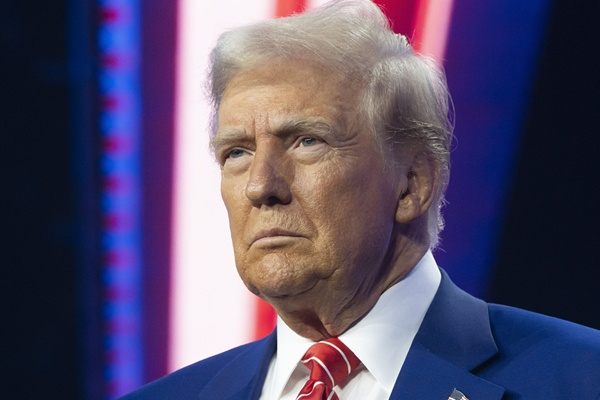Since returning to power last January, President Donald Trump has prioritized boosting domestic supplies of critical minerals, such as copper, essential for energy transition technologies. In this context, the US support for developing a battery production value chain in the Democratic Republic of Congo (DRC), as outlined in a Memorandum of Understanding (MoU) signed in December 2022, seems uncertain.
This strategic shift involves leveraging executive powers to accelerate domestic extraction and processing of raw materials, potentially at the expense of supporting downstream segments like battery manufacturing abroad.
The Trump administration has suspended funding from the Inflation Reduction Act (IRA) intended to support global battery value chains, opting to reassess their allocation in line with new policy priorities.
The December 2022 MoU had envisioned U.S. support for promoting the DRC's electric vehicle battery development initiative to American investors. This included potential business development and technical assistance to facilitate U.S. private sector participation in such projects. However, with the current emphasis on domestic resource development, the realization of these intentions seems increasingly uncertain.
Meanwhile, last week, the DRC has launched the Musompo Special Economic Zone (SEZ) in cobalt-rich Lualaba province. The SEZ will produce battery precursors, batteries, and potentially assemble electric vehicles from local raw materials. The project seeks to mobilize nearly $2 billion in private investment.
In 2023, former Minister of Industry Julien Paluku estimated that $30 billion would be required to establish the first integrated manufacturing plant for battery precursors, batteries, and electric vehicles. He projected that this initiative could enable the DRC to capture nearly $7 trillion from the global value chain by 2035-2040.
This article was initially published in French by Emiliano Tossou (Ecofin Agency)
Edited in English by Ola Schad Akinocho










